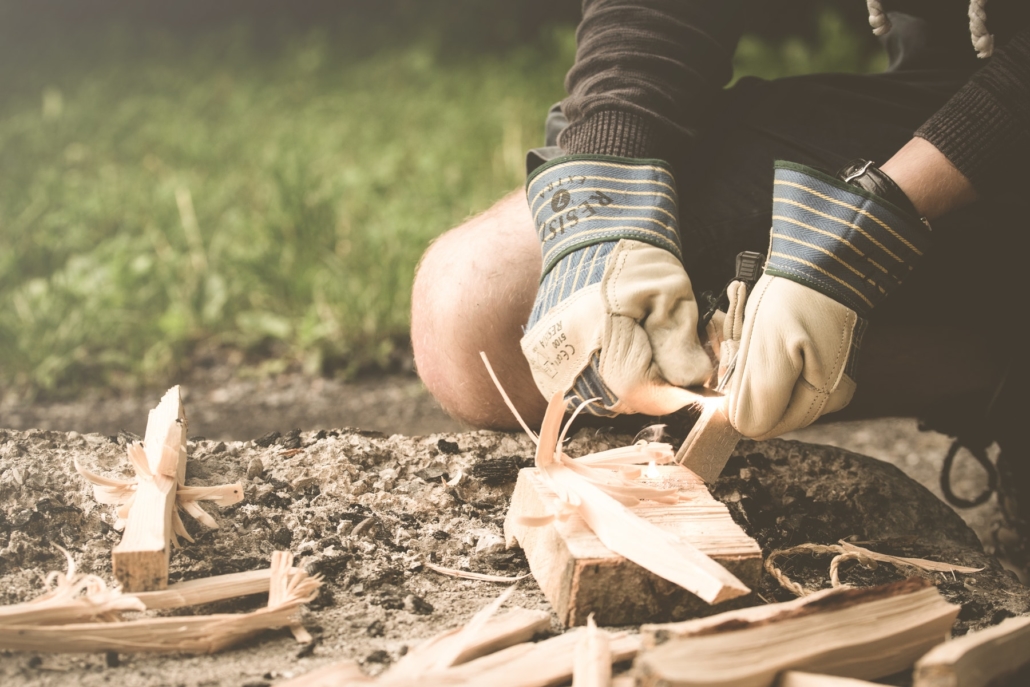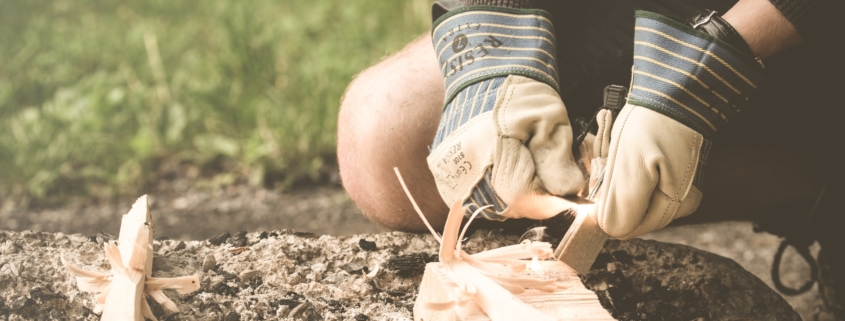Lost in the Woods: Survival Tips
With the recent news that Amanda Eller, a Hawaiian hiker, was found alive after 17 days of being lost, it’s worth it to know what to do if you’re lost and alone in the wilderness. Eller did many things correctly, according to multiple early news reports. CNN claimed that she picked guava and berries to eat when they were available. She only drank water when it looked clear, and she didn’t think it would make her sick. She also nursed herself when she got a bum knee and had a sunburn that was so bad it got infected.

If you’re hopelessly lost or injured, it is essential that you know about wilderness survival. Most people don’t realize that it is much about waiting to get rescued without making the situation worse. If you’re in good health and are fit, you might be able to hike your way out of the area, but the challenge is to know which one you should choose.
Stop to Think
Once you realize that you’re lost, remember to STOP. It’s a mnemonic term that means:
- Stop. Stay exactly where you are, don’t panic, and sit down.
- Think. What you do depends a lot on your location and situation. According to the US Forest Service, you shouldn’t move from your location until you have a need to take that first step.
- Observe. You should get information about your situation and try to determine where you’re located. Do you have a compass and map? Look at the map or look around you to see if there are signs that tell you about trails or intersections.
- Plan. Next, consider your courses of action and pick one. You might want to continue the way you’ve been going or consider turning back and backtracking. If night is about to overtake you or you’re hurt, it might be best to stay there as long as nothing is threatening you.
Plan Ahead
Once you’ve realized you’re lost, it’s too late to plan for getting lost, but most people are going to read this because they are curious and not because they’re currently in the wilderness and googling tips. Of course, if you are reading this in the wilderness, your cell phone has some battery life and a signal, so you should be calling 911 to get help.
Some points to consider include:
- Always tell someone where you’re going. If you’re going for a walk in the woods, text a family member or friend to tell them where you’re going.
- Bring the most essential survival gear, which includes emergency shelter options, sunscreen, first-aid supplies, bug spray and a flashlight.
- Make sure that you can communicate during an emergency. Bring your cell phone and have a backup battery if possible. You may want to invest in an emergency GPS beacon, as well.
Know How a Rescue Works
If you do end up needing to get rescued, you should understand the rescue process. Most people think that your loved one calls the cops and a search is initiated immediately, but that isn’t likely to be the case.
Most of the time, the authorities get a 911 call from the person you texted to say you were heading out into the wilderness, and the law enforcement official gathers information to determine if you’re lost or just decided to leave town.
If they believe you to be lost, they’ll start looking. Cell towers can pick up your previous cell signal even if the phone is turned off. Searchers will get a description of you, such as what you wore and where you’re likely to be. They’ll search there and spread out to find you. About 97 percent of people who get lost in the wilderness are recovered within the first 24 hours. If it has been longer than that, it’s harder to find you, such as you’re in a challenging place to see.
Robert Siciliano personal security and identity theft expert and speaker is the author of Identity Theft Privacy: Security Protection and Fraud Prevention: Your Guide to Protecting Yourself from Identity Theft and Computer Fraud. See him knock’em dead in this Security Awareness Training video.


























